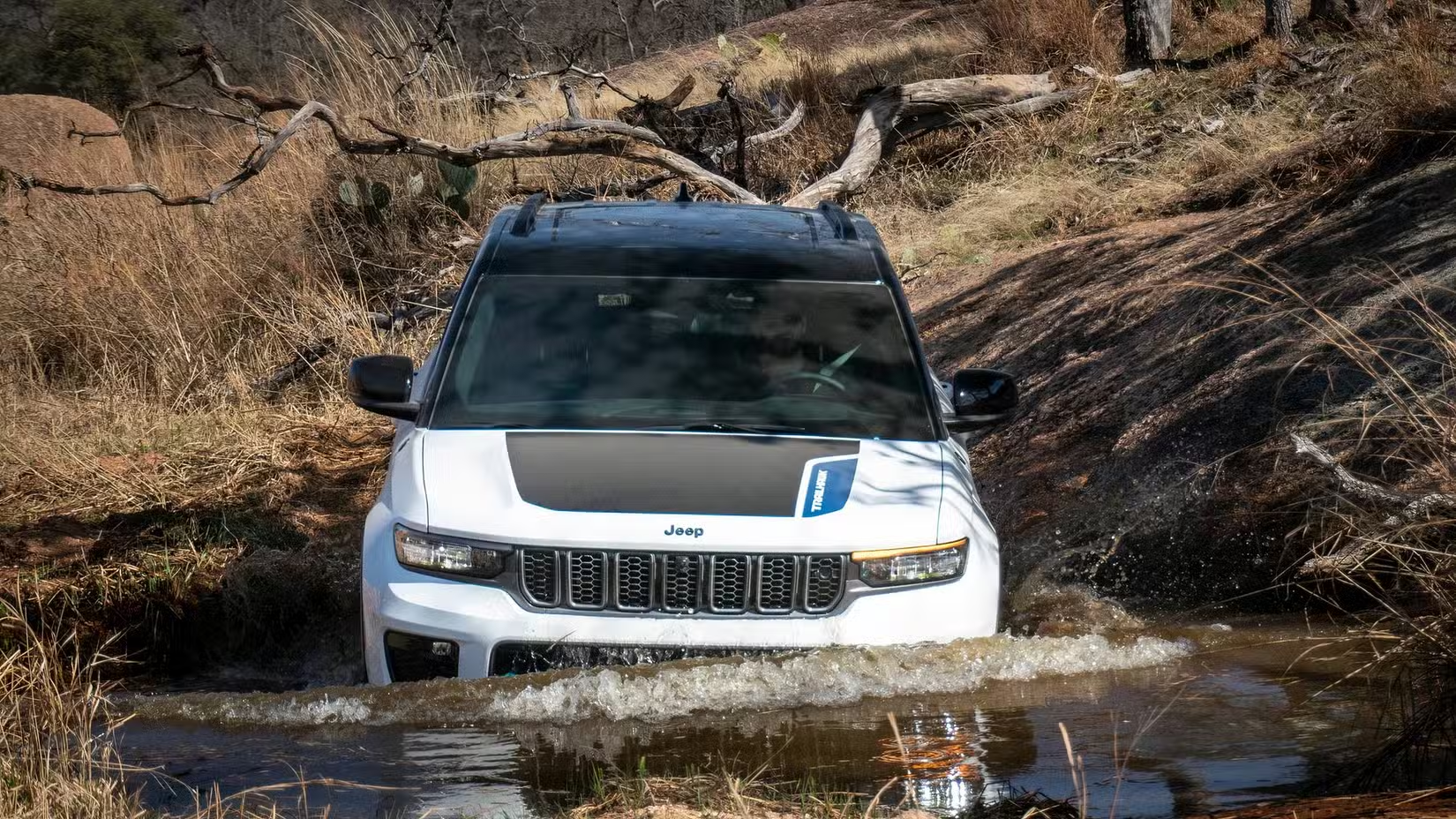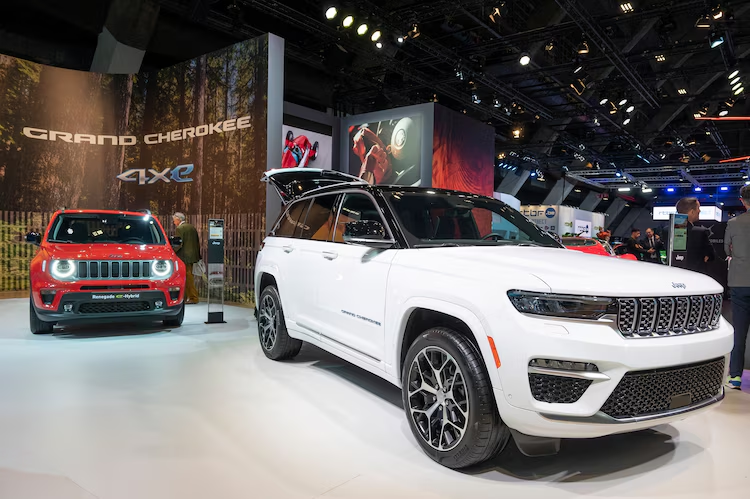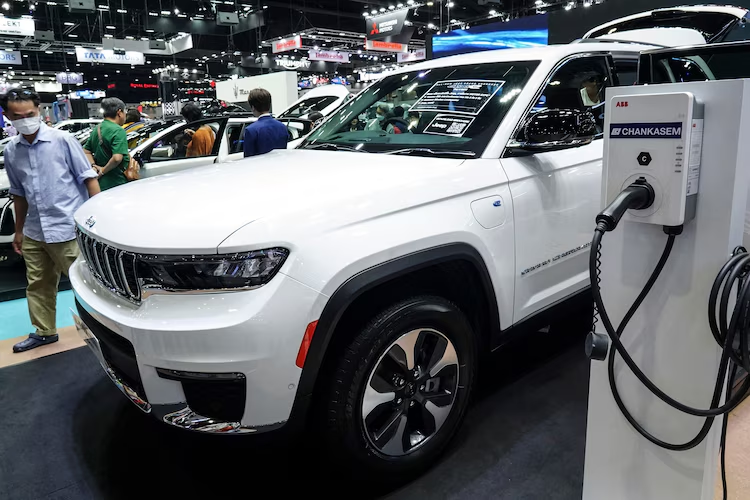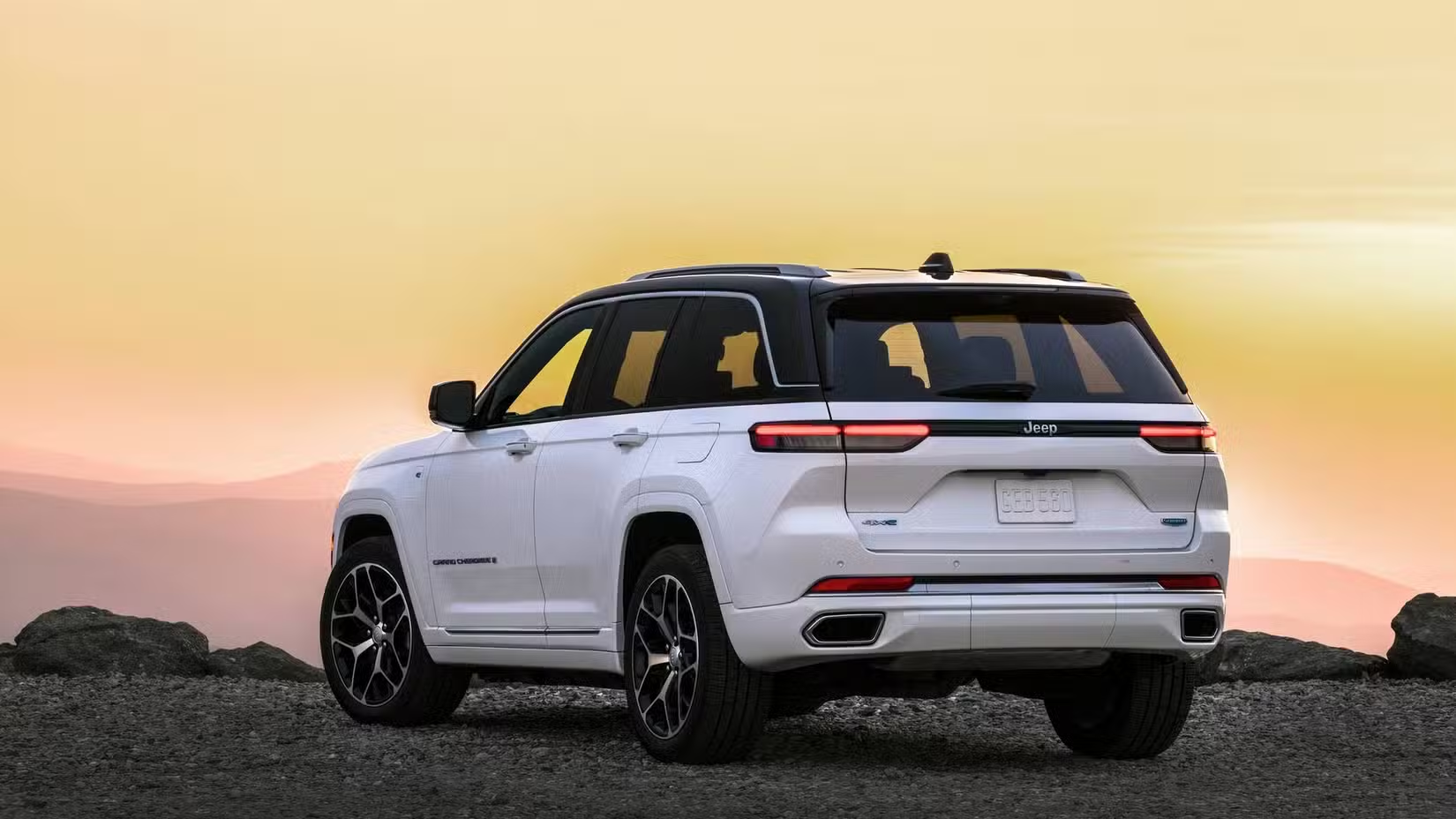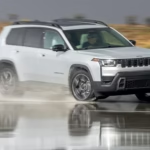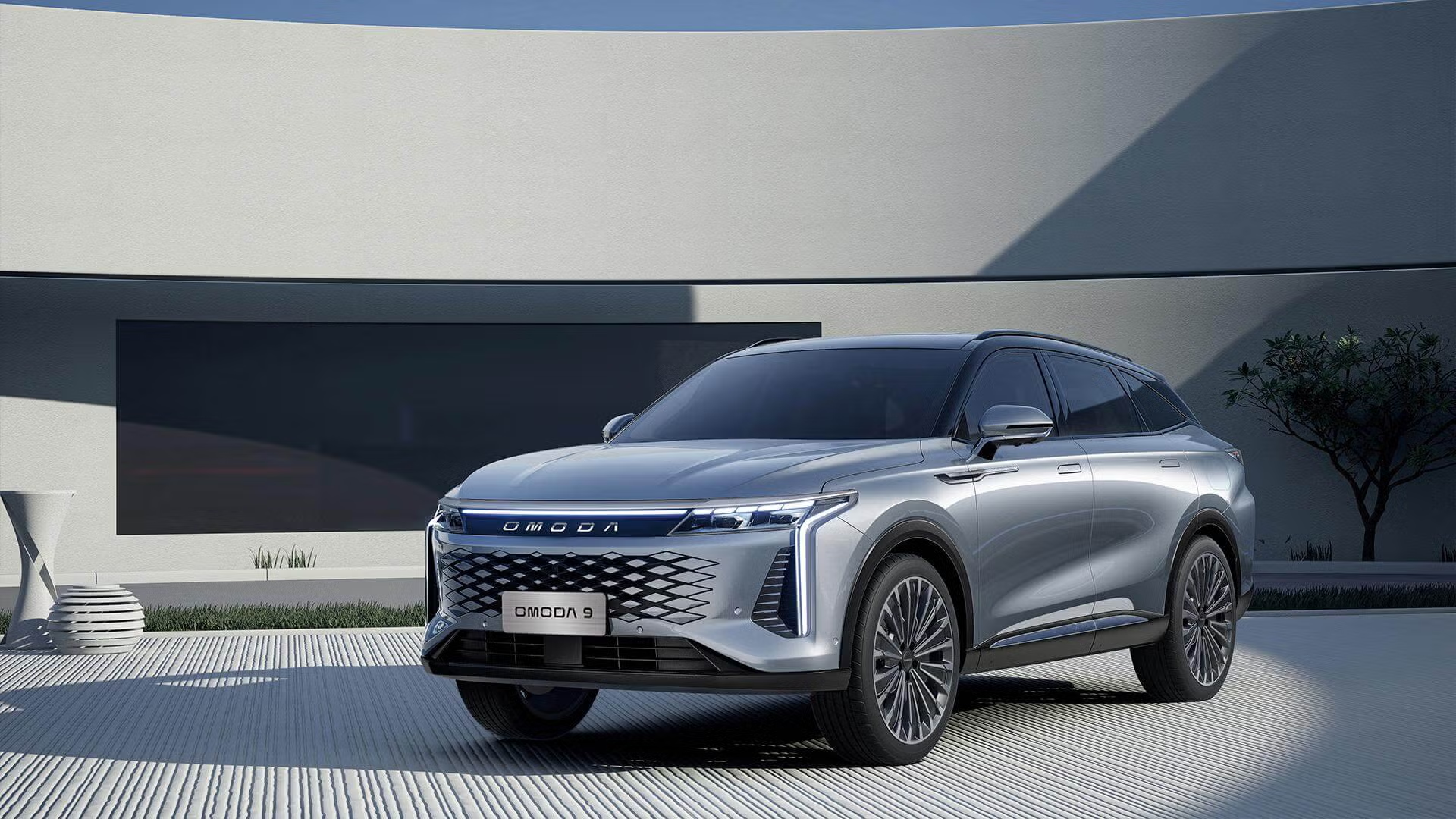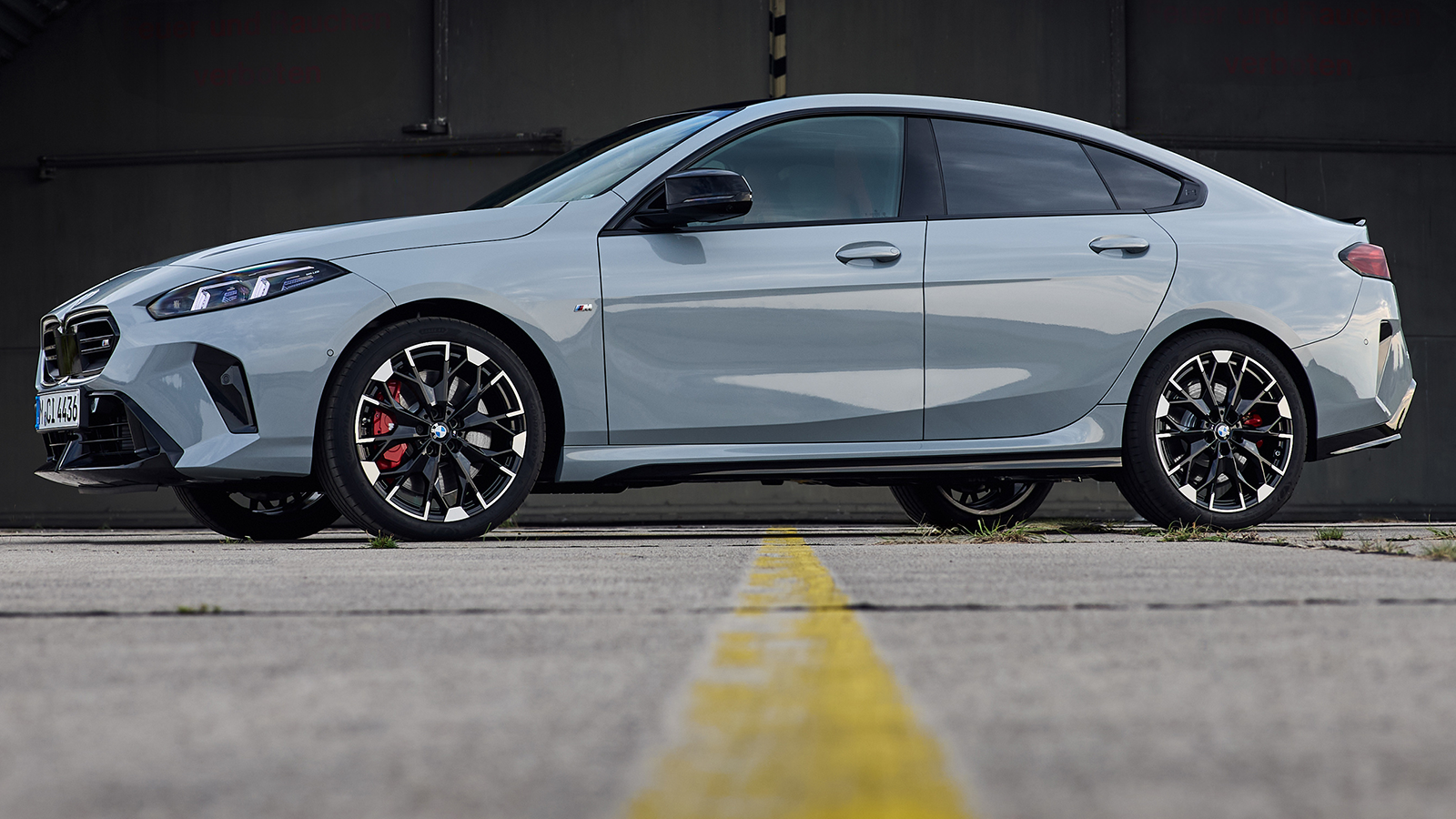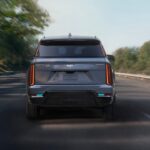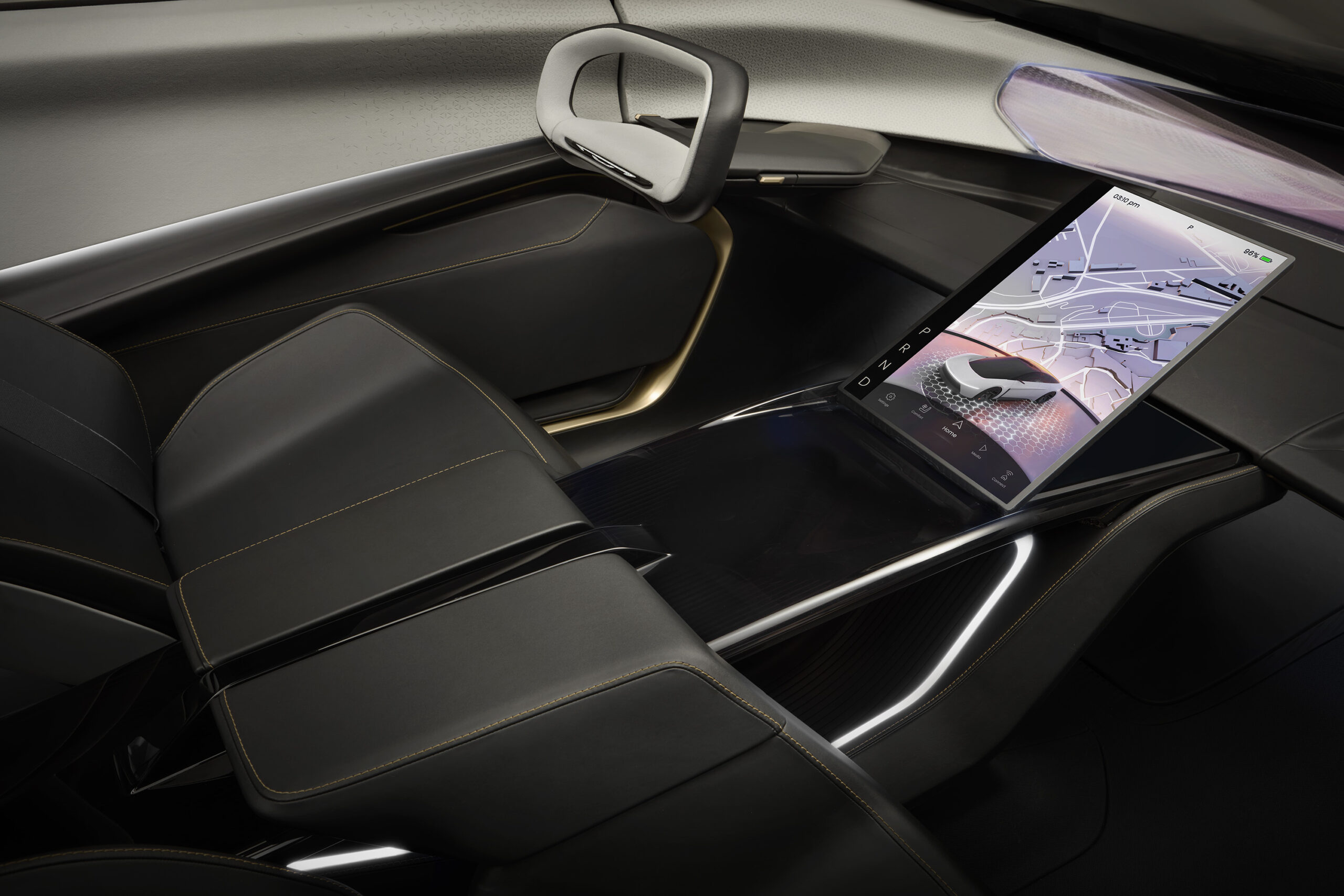If you’ve got a Jeep Grand Cherokee 4xe sitting in your driveway, you really ought to hear this. Stellantis – that’s Jeep’s big boss – just rolled out a massive recall on more than 91,000 of these slick plug-in hybrid rides. What’s the deal? Well, there’s this pesky software hiccup that might cause the power to cut out all of a sudden, stranding you or putting you in a real bind when things get dicey on the road.
As someone who’s been keeping tabs on car stuff for ages, I’ve seen plenty of recalls, but this one’s a doozy because it messes with the cool hybrid setup that’s supposed to be smooth as butter.
This isn’t the first headache for the Grand Cherokee family – think back to that headrest mess in the gas-only versions not too long ago. Now the spotlight’s on the plug-in models, and it’s bad enough that the folks at the National Highway Traffic Safety Administration (NHTSA) are deep in the mix. I’ll lay it all out nice and easy, so you can see if your rig’s involved and figure out your next move.
What’s the Issue? Understanding the Stalling Risk in Grand Cherokee 4xe
At the core of this Jeep hybrid recall is a hiccup in the vehicle’s Hybrid Control Processor (HCP). According to official reports, the trouble starts when the Battery Pack Control Module (BPCM) gets overloaded and triggers a reset. This reset can confuse the HCP, resulting in a complete loss of propulsion – basically, your SUV could just quit on you mid-drive.
Picture this: you’re zipping along the interstate or bouncing over some rough terrain, and bam – the power cuts out. No gas, no go, just rolling to a halt. That could spell trouble in busy roads or out in the sticks where AAA is hours away. Worst of all, it might hit without any heads-up from the dash.
Look, Jeeps aren’t alone here; lots of hybrids and electrics from other makers have had power dropouts too. Still, if you’re one of those folks who picked the 4xe for its killer off-road skills and great gas mileage, this bug might shake your faith a bit. Stellantis has been tracking complaints since early this year, with the NHTSA kicking off an investigation back in May.
Which Models Are Affected by This Stellantis Recall 2025?
Not every Grand Cherokee is involved – this is specific to the plug-in hybrid variants. Here’s a quick list for ya:
- Models hit: 2022 through 2026 Jeep Grand Cherokee 4xe
- How many: 91,787 in the States
- Built when: July 23, 2021, to August 29, 2025 (anything after that got fixed at the factory)
Got one? Punch your VIN into the NHTSA site to make sure. Takes two minutes and could spare you a world of trouble. Interestingly, this recall doesn’t touch the standard gas-powered Grand Cherokees or the longer L versions unless they’re the 4xe hybrids.
From what I’ve gathered, Stellantis has logged around 96 customer complaints, 110 field reports, and over 300 service records related to this issue, spanning from late 2024 to mid-2025. The good news? No crashes or injuries have been linked to it yet, but that’s no reason to ignore it.
The Cause: A Deeper Look at the Hybrid Software Glitch
Diving into the technical side, the problem boils down to how the BPCM and HCP communicate. When the BPCM’s microprocessor hits overload – maybe from heavy use or certain driving conditions – it resets. The HCP misreads this as a signal to shut down propulsion entirely.
Jeep’s 4xe system is impressive, combining a turbocharged four-cylinder engine with electric motors for up to 375 horsepower and 25 miles of electric-only range. But like any advanced tech, software is key, and glitches happen. This isn’t the first software-related headache for hybrids; think of it as similar to a smartphone app crashing at the worst moment, but with much higher stakes.
Folks have chimed in about it happening on freeways and while off-roading, but the reports don’t spell out exactly what sets it off. If you’re big into trails, maybe ease up on the gas until you get the fix.
Remedy and Next Steps: What Jeep Owners Should Expect
Stellantis is moving fast on this. Dealers are being notified this week, and owner letters should start arriving by late October 2025. The fix? It’s likely a simple software update at your local dealership – no parts replacement needed, so it should be quick and free.
In the meantime, the recall docs don’t pinpoint ways to avoid overload, so play it safe. Should the power vanish on you, flip on your hazards, ease to the shoulder, and phone for help. Watch your gauges like a hawk for weirdness, and maybe stick to chill drives – no racing or heavy loads – till the software’s patched. To stay ahead, zip over to NHTSA.gov/recalls and plug in your VIN. If affected, schedule that dealer visit ASAP. And if you’ve experienced this issue, report it to NHTSA – it helps everyone.
Wrapping Up: Staying Safe in Your Jeep Grand Cherokee
Recalls like this Jeep Grand Cherokee recall are reminders that even tough SUVs aren’t immune to tech woes. The Grand Cherokee 4xe remains a beast for adventure seekers, but addressing this stalling risk is crucial for safety. Stellantis seems committed to a swift resolution, which is reassuring.
Thinking about buying a hybrid SUV? This is your cue to dig into recall records first. Ever had something like this with your car? Sound off in the comments – it’s great when we all share tips. Drive safe, folks, and keep rolling smart.
Source: NHTSA
Now Check Your Recall- Jeep Grand Cherokee 4xe
